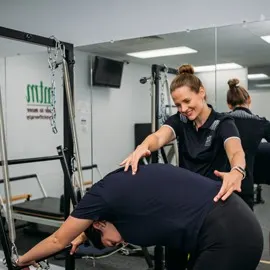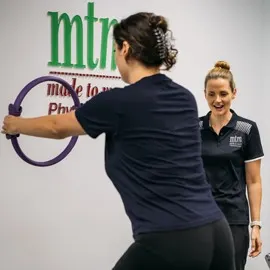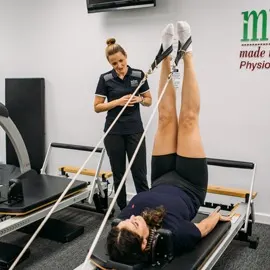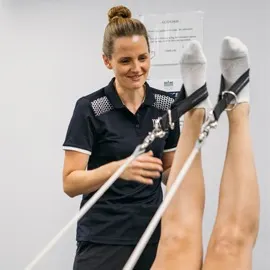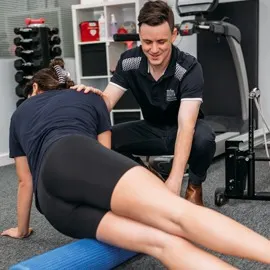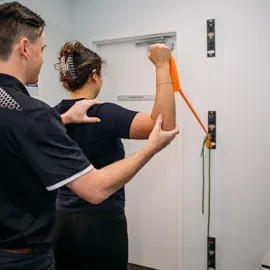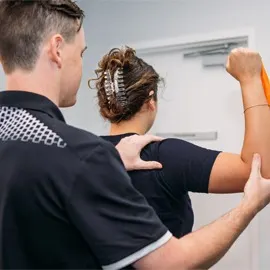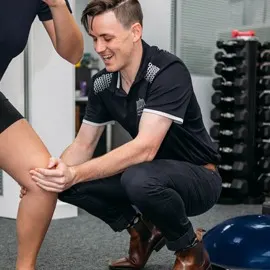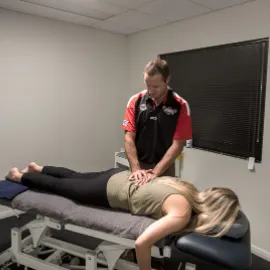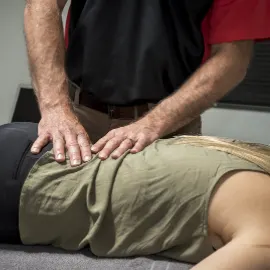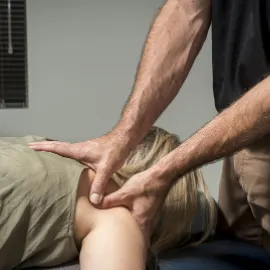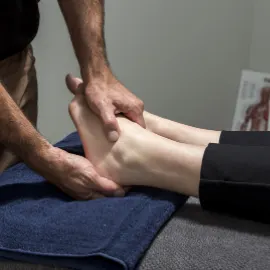Maintaining Balance as We Age: Why It Matters and How to Improve It

At MTM Physiotherapy Duncraig, we often see patients who are surprised to learn how much balance can be improved with the right guidance and exercises.
Why Balance Declines with Age
There are several reasons balance tends to deteriorate as we age:
-
Loss of muscle strength – Especially in the legs and core, which help stabilise the body.
-
Reduced joint mobility – Stiffness in the ankles, hips, or spine can make it harder to react to changes in position.
-
Changes in vision and inner ear function – Both are essential for maintaining orientation and detecting movement.
-
Slower reflexes and coordination – The nervous system becomes less efficient at processing sensory information and responding quickly.
-
Medication side effects or health conditions – Such as low blood pressure, diabetes, or arthritis, which can all influence balance and stability.
What Can Happen If Balance Problems Aren’t Addressed
Ignoring balance issues can lead to a higher risk of falls, which are one of the most common causes of injury among older adults. Even minor falls can lead to fractures, hospitalisation, or a loss of confidence that causes people to restrict activity — further worsening muscle weakness and instability.
Over time, this can create a vicious cycle: less movement → weaker muscles → poorer balance → greater fall risk.
How Physiotherapy Can Help Improve Balance
The good news is that balance can be retrained at almost any age. Physiotherapy offers safe, effective ways to restore stability, confidence, and independence.
At MTM Physiotherapy Duncraig, our physiotherapists assess each person’s strength, mobility, and balance to create a tailored exercise program. This may include:
-
Strength and stability exercises – Focused on key muscle groups in the legs, hips, and core.
-
Balance and coordination training – To help your body respond more efficiently to changes in position.
-
Gait re-education – Improving posture and walking patterns to enhance stability.
-
Vestibular rehabilitation – For those with dizziness or inner ear–related balance issues.
-
Home exercise guidance – So you can safely continue improving outside the clinic.
Practical Tips to Support Balance at Home
-
Stay physically active — aim for regular walking, swimming, or gentle exercise.
-
Wear supportive footwear that fits well and provides good grip.
-
Keep your home clutter-free and ensure adequate lighting to reduce trip hazards.
-
Stand up slowly after sitting or lying down to avoid dizziness.
-
Schedule a balance assessment with a physiotherapist if you’ve noticed any changes.
Regain Confidence in Your Movement
Maintaining balance isn’t just about preventing falls — it’s about keeping your freedom to move confidently and live life fully. With early intervention and the right physiotherapy support, you can improve stability, strength, and independence at any stage of life.
If you’ve noticed changes in your balance or confidence when moving, our team at MTM Physiotherapy Duncraig can help.
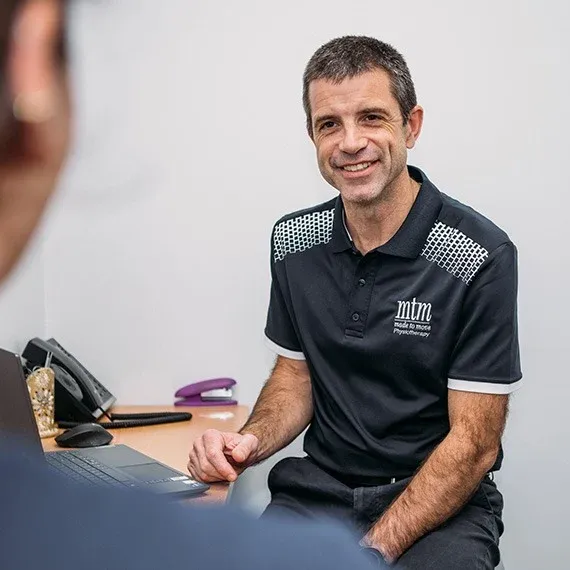
Ask a Physio
Not sure whether you are appropriate for Physiotherapy?
Fill out the form and one of our physiotherapists will be in touch with you within 24 hours.











